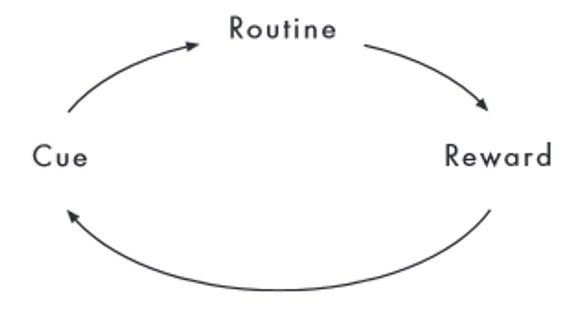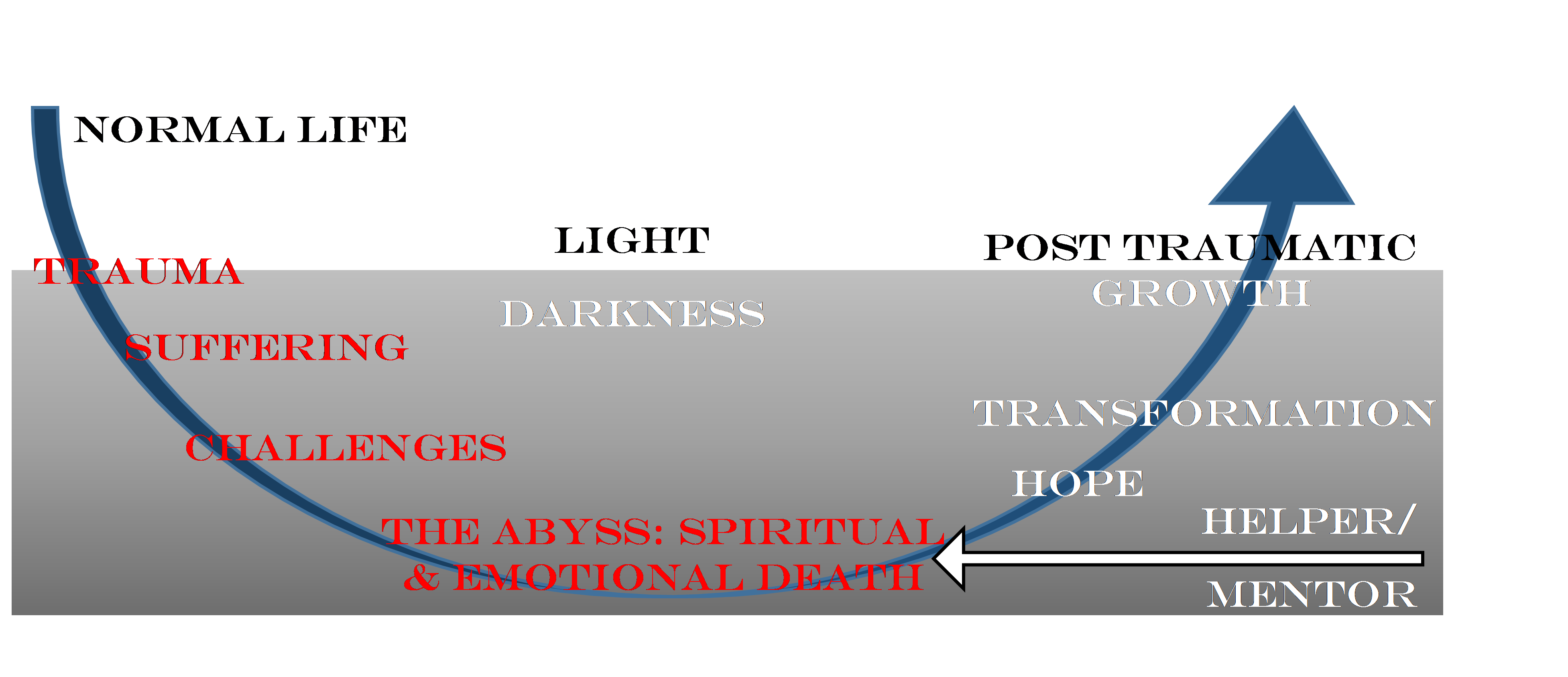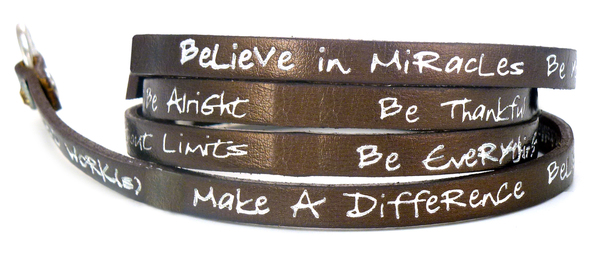 Photo Credit: DavidLose.net
Photo Credit: DavidLose.net
[From the Archives]
New Year’s resolutions are really very energizing. Whether we meet our goals or not, there is great promise within the resolution for resetting our thinking. A keen sense of self, or self-awareness, makes a difference in understanding our habits and progressing toward true habit change.
A couple of times in my life, I resolved to go off sugar. With a resolution like that, it meant abstaining from chocolate…which is a topic all its own.
Anyway, I was successful for over a year each of those times in excluding sugar from my diet. Never having really lost the weight from my first pregnancy, I decided to remove sugar from my diet for the pregnancy of our second-born. In those days, there was a chapter of Overeaters Anonymous in our town, and that group was a great help in my dealing with pretty much a sugar addiction.
The second time I “gave up” sugar was over 3 years ago, and I stayed the course of that habit change for over 1 1/2 years. Less accountability but even more resolve. Although I am back having dessert or sugary snacks sometimes, I am still operating with more self-awareness than ever before. Self-awareness, not self-condemnation. A very different experience.
Without knowing it, I was using a practice of habit change that Ken Sande writes about on his blog, Relational Wisdom 360. He first influenced my life years ago with his work on conflict resolution through his Peacemaker Ministries. He is a gentle guide in many of the issues that complicate our lives.
His New Year article on Seven Principles of Habit Change comes at a great time. Sande talks quite kindly about how we develop habits and what it takes to change them. His first principle of habit change gives us a look at the cycle of habits – the cue, the routine (or response), and the reward. Anyone who loves chocolate can understand this easily. For me, in eating sugar (or in overeating, in general), the cue could be a number of things – fatigue, anxiety, loneliness, presence of yummy food. It never takes much to send me to the refrigerator or pantry. The routine: feed the cue, whatever it is…with high-carb oral gratification. The reward: a brief soul satisfaction and temporary relief from whatever was the cue.
 Photo Credit: Relational Wisdom 360
Photo Credit: Relational Wisdom 360
In my two seasons of not eating added sugar, I actually followed Ken Sande’s principles below (without knowing the wisdom of it).
- Every habit has three parts: a cue, a routine, and a reward.
- You can change an undesirable habit by keeping the cue and reward but learning a new routine.
- The best way to overcome the temptation to revert to old routines is to have a detailed action plan.
- Habit change builds momentum if you can change a single “keystone habit” and then continue to build on consecutive “small wins”.
- Will power is like a muscle: it can be strengthened and yet needs to be exerted strategically.
- Faith is an essential part of changing habits.
- Habit change is more likely to occur within a community (even if it’s just two people). – Ken Sande
[If any readers want to talk further about habit change regarding sugar addiction, I would love the exchange, either through the comments or email.]
Self-awareness is a huge factor relating to habit change. I can see that more now having come through seasons of looking at my own habits.
“Self-awareness is defined as conscious knowledge of oneself; it’s a stepping stone to reinventing oneself, learning to make wiser decisions, and helps you tune into your thoughts and feelings. So often we place blame on externalities because it’s the easiest excuse, when in fact we should be thinking about our thinking, reflecting, trying on different perspectives, and learning from our mistakes.” – Paul Jun
Matt Monge wrote a great piece on 13 questions we might ask ourselves to better understand why we do what we do. He is applying these questions to leadership and workplace, but they apply as well to habits. Also, in researching for this blog, I came upon this YouTube video of David Wallace Foster giving a commencement speech on awareness. Really thought-provoking as well as entertaining.
It is possible to affect true habit change if we are willing to take a studied look at ourselves – our awareness and our engagement with making choices/decisions and within relationship. I used to think that self-awareness was morally charged, i.e., it drove us to becoming more self-centered. That doesn’t have to be the case. When we take time to really examine where our minds go, through the day, we can train our thinking toward what matters most to us – related to people, resources, and life purpose.
When we are willing to do that, New Year’s resolutions can become much more life-changing than just going off sugar for a few weeks. These same habit change principles can apply to anger issues, pornography, other addictions, and pretty much any habitual process that negatively affects your work, relationships or general peace of mind.
I’d like to close with Ken Sande’s thoughts on taking self-awareness to other-awareness and God-awareness:
“The better we know and follow God (God-aware, God-engaging), the more we will know and discipline ourselves (self-aware, self-engaging), which opens the way for us to better understand, relate to, and serve our neighbors (other-aware, other-engaging).
To close the loop and spur us on developing relational wisdom, the Lord promises that the more we obey his command to love our neighbors, the closer we will draw to God himself (John 14:21-23). Thus, relational wisdom is a circle of interrelated skills that continually fuel one another.” – Ken Sande
 Photo Credit: RelationalWisdom360
Photo Credit: RelationalWisdom360
Do You Want to Change Your Habits? – Relational Wisdom – Ken Sande
Seven Principles of Habit Change – Relational Wisdom – Ken Sande
13 Questions to Increase Your Self-Awareness – The Mojo Company – Matt Monge
Why Self-Awareness Is the Secret Weapon for Habit Change – Paul Jun
This is Water – David Foster Wallace on Awareness
RW Acrostics in Action – Relational Wisdom – Ken Sande
Need Help With Your New Year’s Resolutions? – David Lose




